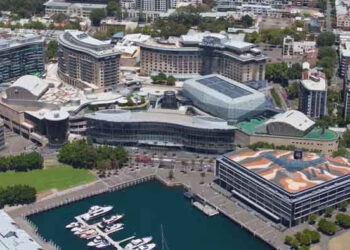The amount of tax revenue collected by the Macau SAR Government from the city’s six casino concessionaires reached MOP$1.56 billion (US$194 million) in November, 10.4% lower than the same month last year but 28.9% higher than the MOP$1.21 billion (US$150.3 million) collected in October.
The year-on-year decline comes as Macau continued to battle the impact of COVID-19 outbreaks across mainland China during the latter months of 2022, which further impacted visitation and gaming revenues which were already subdued as a result of the pandemic.
The November figure correlates to Macau’s October GGR figure of MOP$3.90 billion (US$481.6 million, which was down 10.7% year-on-year but 31.4% higher than September, when GGR was MOP$2.96 billion (US$365.5 million).
For the first 11 months of 2022 combined, direct gaming taxes reached MOP$17.9 billion (US$2.22 billion) – down from MOP$31.5 billion (US$3.91 billion) a year earlier and representing just 51.4% of the MOP$34.4 billion (US$4.32 billion) the government had budgeted for through November.
Macau’s gaming taxes under the previous gaming law, which has since been replaced by a revised law, included a 35% “special gaming tax” paid directly to the Macau government plus another 4% other charges, comprising a 1.6% levy which funds the Macao Foundation’s cultural, social, economic, educational, scientific, academic and philanthropic activities, and a 2.4% contribution (1.4% for SJM) to the urban construction, tourism and social security fund.
From 1 January 2023, the 4% in other charges has increased to 5%, with the levy and contribution increasing to 2% and 3% respectively for all six concessionaires.






























